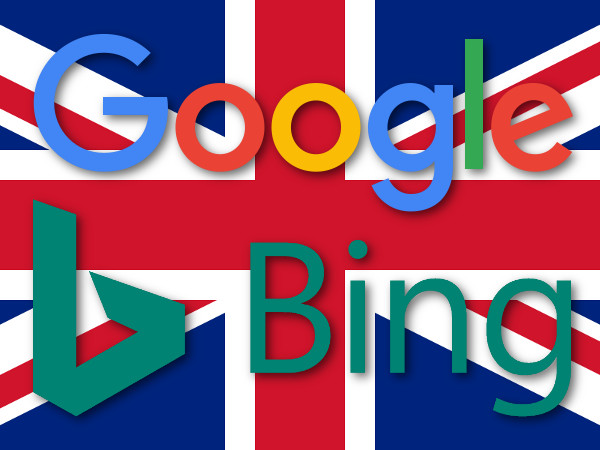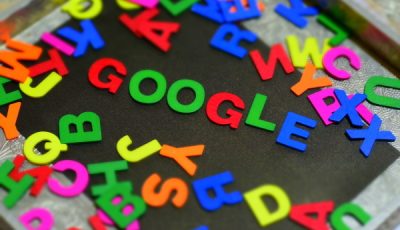Google, Bing to Crack Down on Copyright Pirates
 LONDON – A first-of-its-kind initiative cooperatively developed by the U.K. government, intellectual property rights-holders and search giants Google and Microsoft’s Bing has produced a code of practice designed to reduce the discoverability of pirated content online.
LONDON – A first-of-its-kind initiative cooperatively developed by the U.K. government, intellectual property rights-holders and search giants Google and Microsoft’s Bing has produced a code of practice designed to reduce the discoverability of pirated content online.
According to the British Intellectual Property Office, 15 percent of U.K. internet users — about 6.7 million Britons — access pirated films, music, books and other material online. The parties to the code plan to reduce that number by assessing severe penalties against the search ranking of websites that repeatedly have been served copyright-violation notices. In addition, autocomplete functions that fill in what the search engines believe users seek will not offer suggestions that may lead to sites suspected of content piracy.
Compliance with the code is voluntary for now, but the Intellectual Property Office, charged with monitoring the program, could recommend formal legislation as soon as this summer. If the IPO takes that step, search engines that do not comply may be fined or slapped with other sanctions.
The new program has been promoted for years by record labels and film studios, which accuse search engines of facilitating copyright infringement not only by overlooking illegal behavior but also by failing to devise a workable solution that protects both free expression and intellectual property rights.
Google has argued that search engines are not a major source of traffic to piracy websites.
“Google has been an active partner for many years in the fight against piracy online,” a spokesperson told the U.K.’s The Telegraph. “We remain committed to tackling this issue and look forward to further partnership with rights-holders.”
Matt Hancock, the U.K.’s digital economy minister, applauded the search giants’ agreement to cooperate.
“We are one of the world’s leading digital nations, and we have a responsibility to make sure that consumers have easy access to legal content online,” he said. “Pirate sites deprive artists and rights-holders of hard-earned income, and I’m delighted to see industry-led solutions like this landmark agreement, which will be instrumental in driving change.”
Stan McCoy, president and managing director of the Motion Picture Association EMEA, too, was pleased with the agreement.
“Pirate websites are currently much too easy to find via search, so we appreciate the parties’ willingness to try to improve that situation,” he said.
But the chief executive of the British Phonographic Industry (BPI), which represents record labels, cautioned the arrangement is far from a “silver bullet.”
“We have long campaigned for search engines to do more to ensure fans are directed to legal sources for music or other entertainment,” Geoff Taylor said. “There is much work still to do to achieve this. The code will not be a silver bullet fix, but it will mean that illegal sites are demoted more quickly from search results and that fans searching for music are more likely to find a fair site.”
The agreement will run in parallel with existing anti-piracy measures including court-ordered site blocking, encouraging brands to reduce advertising on illegal sites and the Get it Right from a Genuine Site consumer education campaign. The latter encourages fans to value the creative process and directs them to legal sources of content.
One Comment
Leave a Reply
You must be logged in to post a comment.













Pingback: Google, Bing to Crack Down on Copyright Pirates – TripleXers Blog